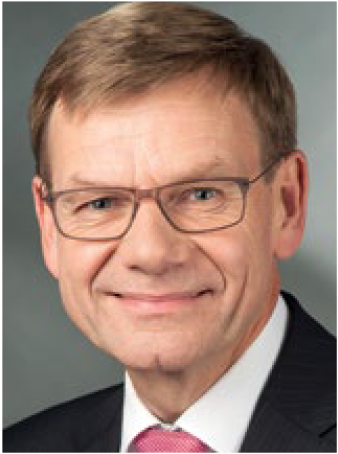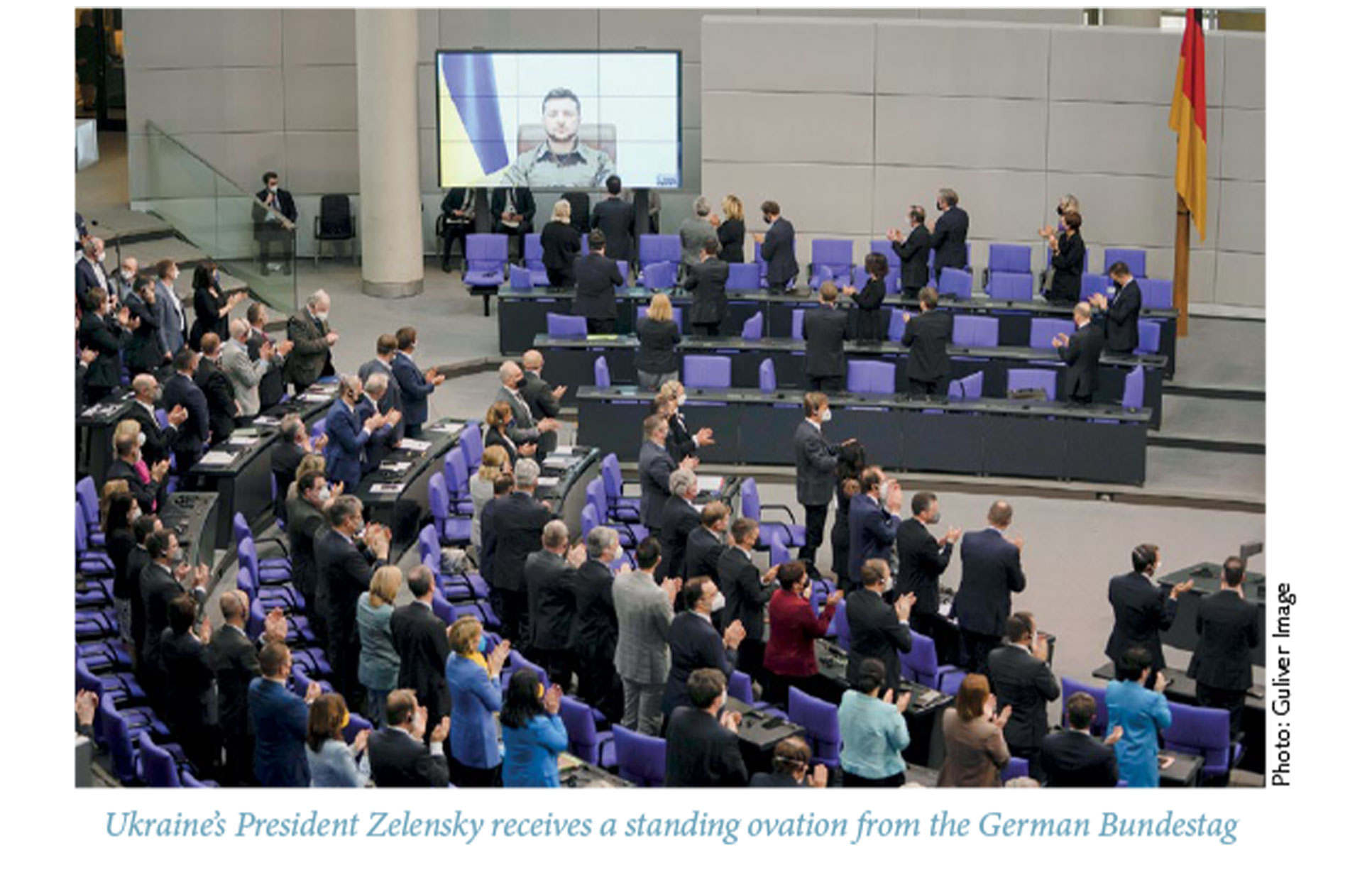 Dr. Johann David Wadephul is a German Member of Parliament and Deputy Chairman for Foreign, Security and Defense Policy of the CDU/CSU Parliamentary Group in the German Bundestag. He is also Head of the German Delegation to NATO’s Parliamentary Assembly and chairs the Parliamentary Group’s Working Groups on China and the Western Balkans. You may follow him on Twitter @JoWadephul.
Dr. Johann David Wadephul is a German Member of Parliament and Deputy Chairman for Foreign, Security and Defense Policy of the CDU/CSU Parliamentary Group in the German Bundestag. He is also Head of the German Delegation to NATO’s Parliamentary Assembly and chairs the Parliamentary Group’s Working Groups on China and the Western Balkans. You may follow him on Twitter @JoWadephul.
We are in the midst of a brutal war waged by revisionist Russia against Ukraine, which represents an unprecedented breech of international law in the post-World War II era. Every day, innocent people are being killed, tortured, and even deported. Parts of Ukraine are being subjected to ethnic cleansing. Russia is deliberately using the worst war crimes as a daily means of warfare and committing atrocities. As opposed to former eras of military conflict, a blurry conflation between conventional armed forces, mercenary groups, and extensive cyber operations against Ukraine and other countries adds a new dimension to this war.
Moreover, this war already contains a global dimension. Energy prices are skyrocketing, causing economic downturns among Russia’s adversaries and partners alike. Millions of people are starving due to shortages of basic nutritional products as a consequence of weeks-long grain export blockades.

And so far, we are only slowly starting to see the contours of the longer-term repercussions of this war: the effect it has on alliances, relations between countries, and the international order as a whole.
It is necessary to underline that this conflict continues every day. We don’t know when, how, and under what circumstances it will stop and what Ukraine, Russia, and the new security architecture will look like then.
However, we can already draw first conclusions and extrapolate repercussions in other fields.
Let me start with the security realm—both in the international and German domestic context. The war against Ukraine has first and foremost strengthened NATO and underlined its unique importance and vitality.







